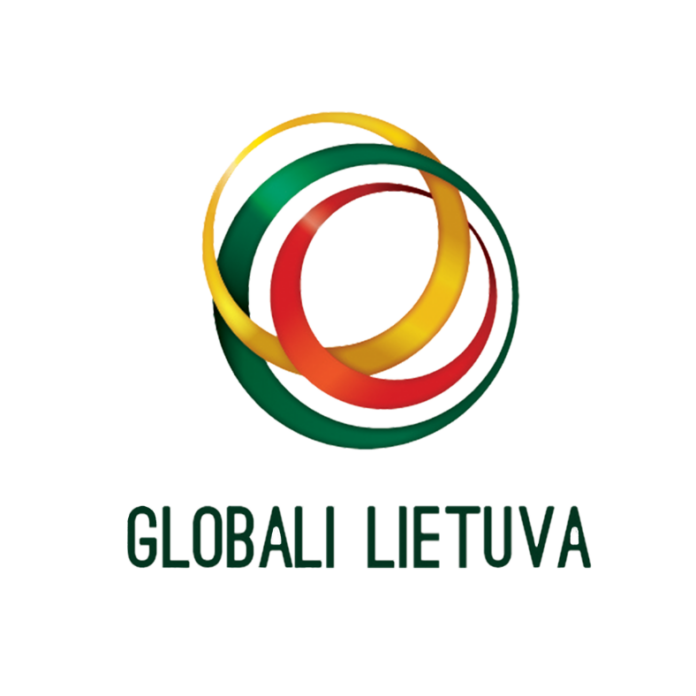
The seeds of the concept were sown 2006, when the Lithuanian parliament (Seimas) invited Rimas Čuplinskas (see article) to speak at a conference on emigration. At the time there was a worrisome rift between Lithuania and its diaspora. Lithuanians in Lithuania felt that its emigrants had betrayed their country, and were not real Lithuanians. In his speech, Čuplinskas emphasized that the Lithuanian nation (“lietuvija”) is not merely a geographical unit, but a world-wide phenomenon, a nation whose spirit can be nurtured and promoted even outside the country’s borders, as proven by the activities and valuable contributions made by numerous Lithuanians abroad, especially during the occupation.
The Global Lithuania program was designed in 2012 to recognize the diaspora’s capital and to promote the idea that all Lithuanians can maintain close ties with Lithuania and contribute to the country’s development. It expired at the end of 2021, having made a substantial impact on strengthening the bond between the nation and its diaspora. More than 20 governmental institutions and agencies were engaged in the implementation of the program, with the participation of diaspora organizations and Lithuanian non-governmental organizations. The Strategic Guidelines for the Lithuanian Diaspora Policy “Global Lithuania” for 2022–2030 was approved by the Ministry of Foreign Affairs on December 27, 2021.
What does it do? The project encourages the development of organized community activities abroad, involving the diaspora in a consistent dialogue, and providing funding for selected initiatives which promote the Lithuanian language, identity, culture, as well as business and tourism. The network is empowered by: effective coordination among different government institutions to optimize resources and ensure coherence in diaspora policy; communication with the organized Lithuanian communities in more than 45 countries; active participation of Lithuanian youth abroad (22 Lithuanian youth associations and 200 Lithuanian schools with 8000 students worldwide); and two-way communication with diaspora professionals and entrepreneurs.
The project acknowledges that Lithuanians living abroad act as informal ambassadors, having the deepest interest and closest affinity to Lithuania. By funding selected projects and by organizing different events, training seminars, and conferences, the Global Lithuania Programme taps into this resource by including the diaspora in professional and community activities. It promotes collaboration and closer contacts in areas such as trade and investment, scientific and technological innovation, Lithuanian language education, culture, tourism, and many other fields.





























